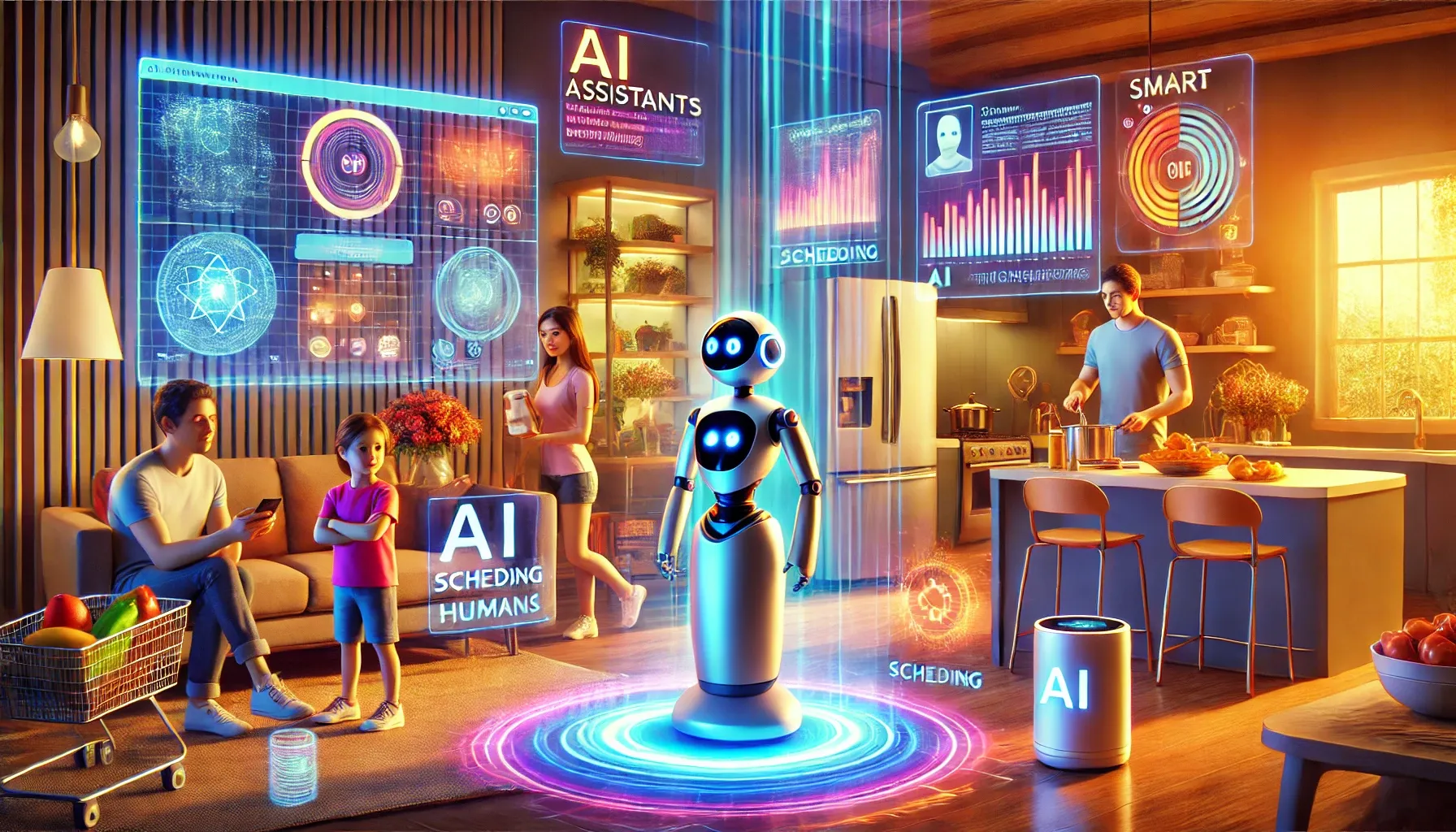
In recent years, artificial intelligence (AI) assistants have moved from being science fiction fantasies to integral parts of our daily routines. From managing schedules to controlling smart home devices, AI-powered assistants like Siri, Alexa, Google Assistant, and Cortana are revolutionizing the way we live, work, and interact with technology.
AI assistants are no longer limited to answering basic queries or setting alarms. They are evolving into sophisticated tools capable of managing entire ecosystems. For instance:
One of the most remarkable features of modern AI assistants is their ability to learn from user interactions. Through machine learning algorithms, they analyze habits, preferences, and usage patterns to deliver a highly personalized experience. For example:
AI assistants are breaking barriers for individuals with disabilities by offering hands-free control and voice-activated technology. Features such as speech-to-text for the hearing impaired and screen readers for the visually impaired are life-changing innovations.
While AI assistants bring convenience, they also raise concerns about data privacy and security. These devices collect vast amounts of user data, often stored on cloud servers, making them vulnerable to breaches. Furthermore, the reliance on AI for critical tasks may lead to overdependence, which could affect decision-making skills over time.
The journey of AI assistants is far from over. As technology advances, we can expect:
The rise of AI assistants is a testament to the power of artificial intelligence in making our lives simpler and more connected. As these tools become more intelligent, ethical considerations and robust data protection will be essential to ensure their safe and effective use. Whether it's managing a smart home, improving workplace productivity, or enhancing accessibility, AI assistants are reshaping the fabric of modern life, paving the way for a smarter and more efficient future.
By embracing this technology responsibly, we stand to unlock its full potential and transform everyday living in ways we never thought possible.
AI assistants help with everyday tasks such as setting reminders, providing real-time traffic updates, and even suggesting personalized playlists. They also integrate seamlessly with smart devices, enabling users to control lights, thermostats, and security systems with voice commands.
Modern AI assistants learn from user habits, offering tailored suggestions and automating repetitive tasks. For instance, they can analyze your routine and suggest the best routes for your commute or remind you to stay hydrated during the day.
While convenient, these devices raise concerns about data privacy and security, as they collect and store large amounts of personal information. It's essential to balance the benefits of AI with robust data protection measures.
As AI technology evolves, assistants will become more intuitive, multilingual, and context-aware, integrating with wearables and other emerging tech to provide even greater value.
AI assistants are reshaping daily life by making it more efficient and personalized. By embracing this technology responsibly, we can unlock its full potential while addressing ethical considerations.

Don't miss out on the latest news and updates from Techmines Technologies LLP! Subscribe to our newsletter and stay up-to-date on our latest services, web development trends, SEO strategies, and much more. Sign up now and be the first to know!
India Address :
427 , 5 Square Point, M.V Circle,
opp. Anjani Green Party Plot, Jahangir Pura,
Surat, Gujarat 395005
Phone :081416 35874
Email :info@techmines.co.in
© 2024 Created By Techmines Technologies LLC